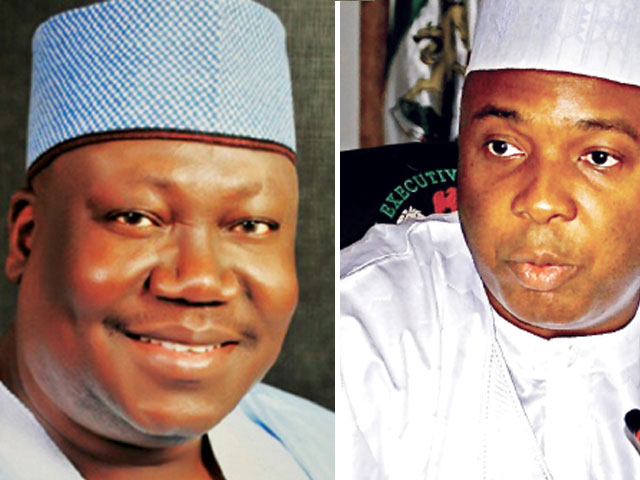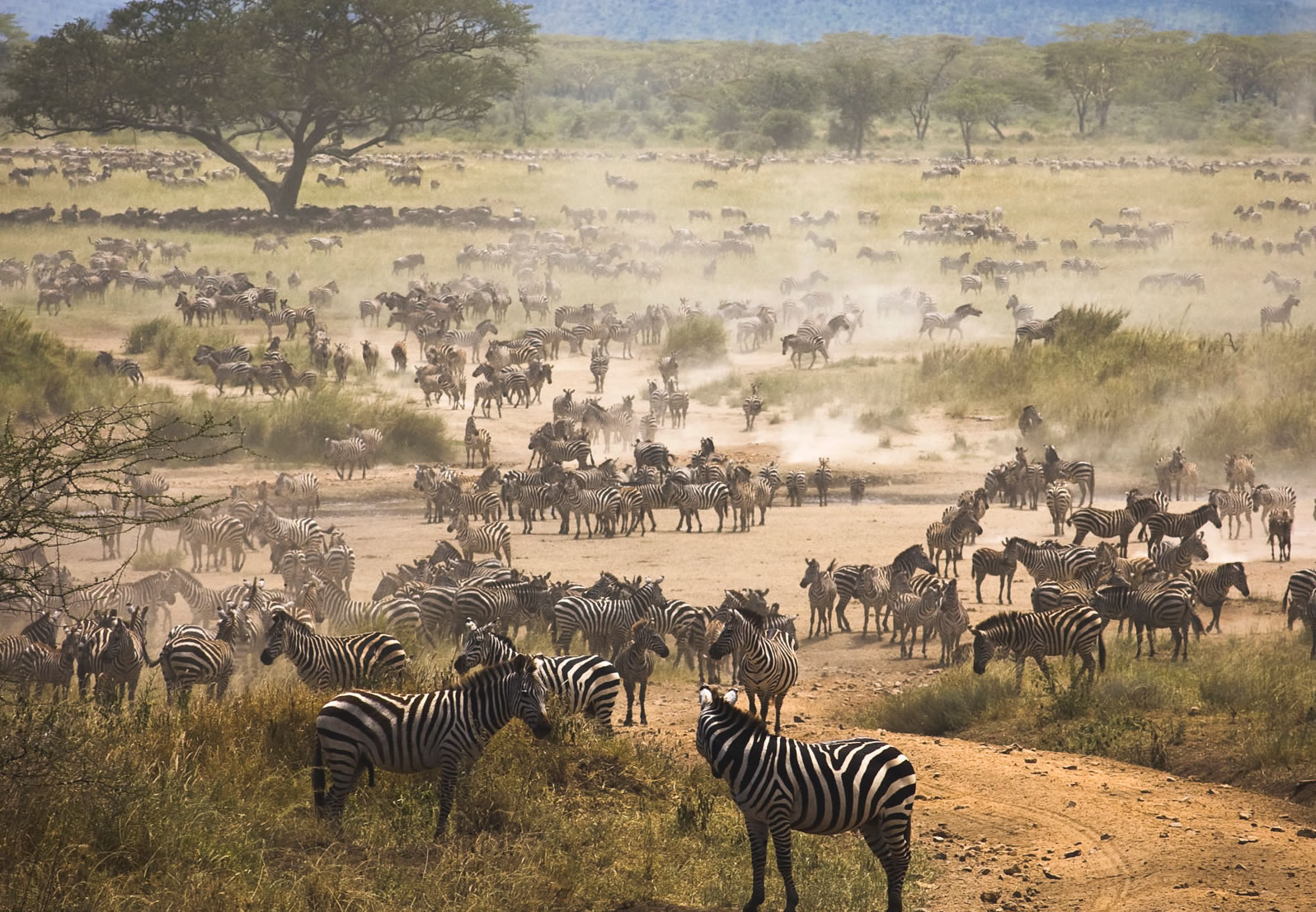
South Africa President, Cyril Ramaphosa
Businessman Ramaphosa leads South Africa into recession
Cyril Ramaphosa, a big-time businessman took over from Jacob Zuma as the President of South Africa last February. He took over a relatively bourgeoning economy. Six months down the line, South Africa, the second largest economy in Africa is in recession.
South Africa is in recession. But are Ramaphosa’s businesses that cut across the MTN, Shanduka Group and The Bidvest Group Limited in recession too.
South Africa is going into recession for the first time since 2009 following two consecutive quarters of negative GDP growth.
The news has come as a surprise to many analysts as they expected the economy to narrowly avoid a second quarter of decline.
The second largest economy in Africa is reeling: rising fuel prices, increased cost of living and an unemployment rate close to 30% is a stark indicator of how much work President Ramaphosa will have to do to rescue the country from a cliff edge.
Statistics South Africa said the economy contracted at an annualised rate of 0.7% in the second quarter, and this follows a 2.6% negative growth in the previous three months.
The biggest contributor to South Africa’s recession has been a massive 29% decline in agricultural output.
The president told parliament last month that his cabinet was working on a stimulus package for the economy; and South Africa is seeking $100bn (£78bn) investments from international investors.
Statistics South Africa had said in 2017 that the economy was in recession, but its figures have since been revised.
Ramaphosa was the only candidate nominated in parliament after fierce criticism of Zuma on corruption. MPs from the ruling African National Congress broke into song at the announcement.
In a speech to parliament Mr Ramaphosa, 65, said that corruption was on his radar.
The ANC had told Mr Zuma to step down or face a vote of no-confidence.
In a televised statement he said he was quitting with immediate effect but said he disagreed with his party’s decision.
Mr Zuma faces numerous corruption allegations but denies any wrongdoing.
One opposition party, the Economic Freedom Fighters, walked out of the parliamentary debate. It wants new elections, rather than the ANC deciding on the identity of the new president.
The BBC said it is often said that Mr Ramaphosa has had his eye on the position of president since the ANC came to power in 1994.
“The story goes that he was so upset at not having been chosen by Nelson Mandela as his successor that he left politics and went into business.
But Mr Ramaphosa has now finally realised that dream”, said the platform.
He has said his priority is reviving South Africa’s battered economy. But it won’t be easy: Unemployment is currently at almost 30%, a rate which rises to nearly 40% for young people.
Low growth rates and dwindling investor confidence were compounded by two credit agencies downgrading the economy to junk status.
One of the first steps in improving that investor confidence is addressing the persistent claims of corruption at the heart of government
There is a renewed sense of hope as Mr Ramaphosa is taking over the reins of Africa’s most industrialised economy.
The markets appeared to welcome Mr Zuma’s resignation. The South African currency, the rand, reaching its strongest levels in three years – at 11.6570 rand for $1 in early trading.
Some will miss him though, pointing to achievements like announcing the abolition of fees for higher education, says the BBC’s Milton Nkosi in Johannesburg.
Mr Zuma, a former member of the ANC’s military wing in the days of apartheid, rose through the ranks of the party to become president. He led the country for more than a third of its time after apartheid.
But he leaves office with several scandals hanging over him, and with South Africa’s economy in dire straits. e
Detained in 1974 and 1976 for anti-apartheid activities
Chairman of committee which prepared for Nelson Mandela’s release from prison in 1990
Had hoped to succeed Mandela as president but Thabo Mbeki chosen instead
Moved full-time into business in 1997, becoming one of South Africa’s richest businessmen
On Lonmin board during 2012 Marikana massacre
Elected ANC leader in 2017
Becomes president of South Africa on 15 February 2018




Recent Comments